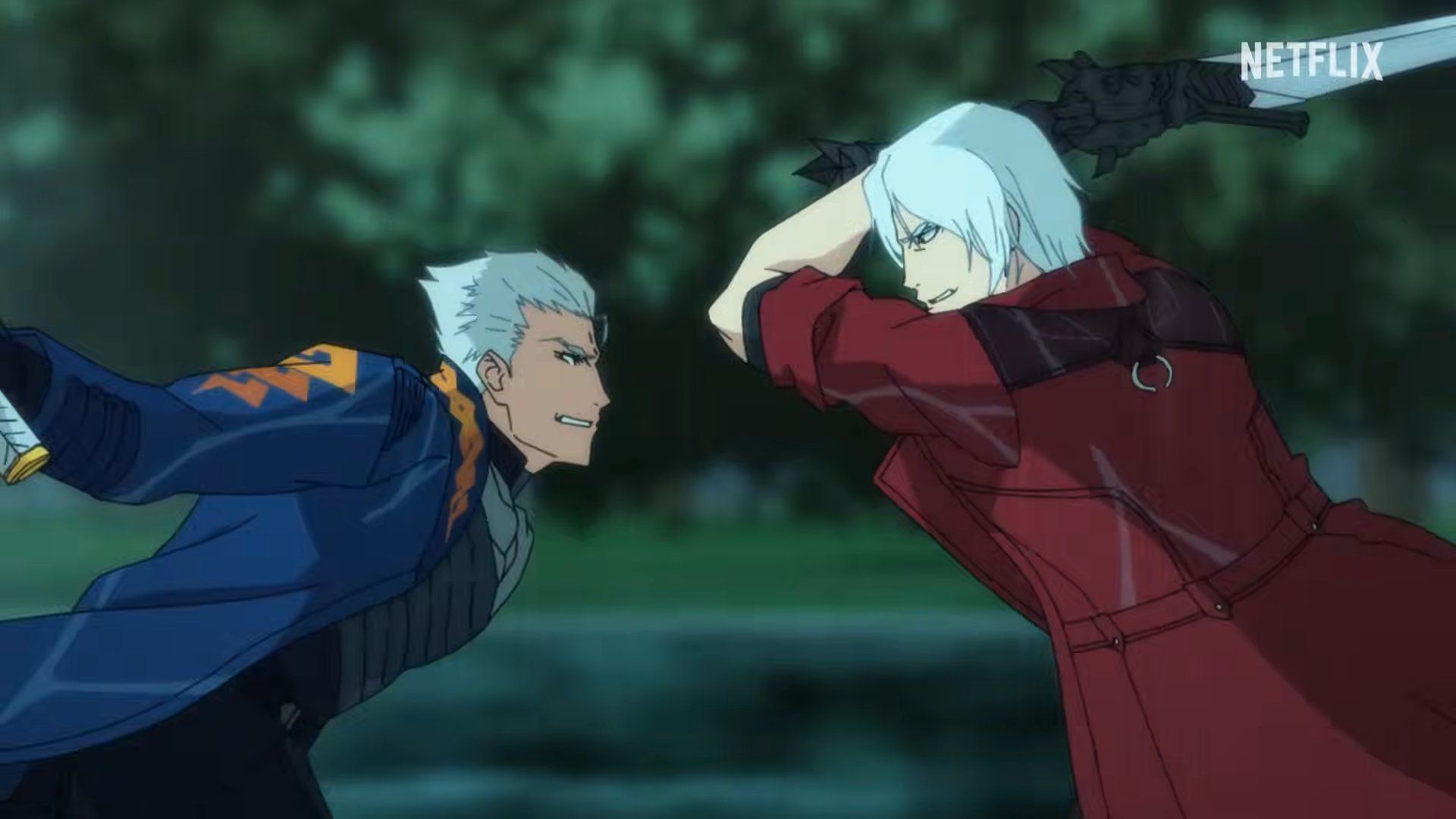Madeleine Thien’s last novel, Do Not Say We Have Nothing, won both the Giller and Governor-General’s Award and was shortlisted for the Booker Prize in 2016.Babak Salari/Supplied
In the Sea, a sprawling, ocean-bound complex that exists outside of time and where migrants from the world over gather, young Lina cares for her father, a systems engineer who once managed “the structures of cyberspace” in their home city. That was before an unnamed event drove the pair from their unnamed country, separating them from Lina’s mother and brother, whom they haven’t seen since.
That’s the set-up for The Book of Records, Madeleine Thien’s first novel since Do Not Say We Have Nothing won both the Giller and Governor-General’s Award (and was shortlisted for the Booker Prize) in 2016. This new work returns to many of the same themes explored in that book – history, memory, intergenerational trauma, art as a means of resistance and refuge – this time with a speculative bent.
Books we’re reading and loving in May
It forays too into science and philosophy through Lina’s interactions with three Sea residents who, we come to understand, are avatars for historical figures whose backstories pepper the main narrative: Du Fu, the great Chinese poet of the Tang dynasty; Baruch Spinoza, the 17th-century Dutch philosopher of Sephardic Jewish origin considered one of the most radical thinkers of the early modern era; and Hannah Arendt, the brilliant German-Jewish political theorist known for her writings on totalitarianism, authority and evil.
Thien, who lives in Montreal, spoke to The Globe and Mail from New York.
This novel’s structure is very unorthodox. What was the kernel that got it started?
It started a long time ago. I was reading a lot of science at the time. My mom had recently and suddenly passed away, and I somehow found it consoling. I couldn’t read novels. I was reading a lot about mathematics, about fractals, physics, neurology, the mind. Books like James Gleick’s Chaos. I wanted to know, after my mom passed away, where did she go?
And I wanted to write a novel set in a building made of time. But I had no idea what that meant.
So it just sat there for 20 years. After Do Not Say We Have Nothing, I decided to go back to the drawing board to understand some of the ideas that had shaped me so profoundly. I was questioning why I believed the things I believed, what my education had been, what ideas were inside me.
How did you go about that process of returning to those ideas? Do you keep journals?
Over the years, I’ve written a lot of small pieces, little essays, reflections on books, book reviews. On and off, a reading journal.
You know that feeling when you go to your bookshelf, and you pick up a book that’s been sitting there for years and you see all the underlining and the notes in the margin and you have no recollection of ever reading it? I was searching for things like that. So I was moving across my bookshelf, and there was this book of letters between Hannah Arendt and Mary McCarthy that I’d picked up when I was young. I’d been interested in McCarthy but didn’t know anything about Arendt. And then I fell in love with Hannah, searched out her books and, over decades, read her.
It was like that with other writers and thinkers and people who I thought might take up a room in the Sea. But over the course of the nine years of writing, some people just packed up and left. And some people stayed.
Tell me about the three seemingly disparate historical figures in this novel. Why them?
I think those three, for one reason or another, had the time to talk to Lina. There was something about the way they write. Spinoza is difficult to read. But when you read his letters, the few that are preserved, they show that whatever he’s coming to understand, he believes this understanding is something that happens with other people – that it’s an understanding to be shared.
Exile is another thing that connects them. We see Hannah on a very difficult journey, forced into rootlessness. This happens to Du Fu as well, though in the later part of his life, when he’s writing most of the poems that we now have, in the midst of civil war and incredible displacement, he’s trying to go back home. Spinoza, I think, makes a home in his ideas.
Those three helped me understand each other.
You’re one of a number of literary fiction writers making the transition to speculative fiction. Did that feel like a leap or a logical next step?
There’s something about the process of writing about the future that when you place yourself there, it’s not wildly different from writing about the past. So it wasn’t that much of a leap. The leap is waiting for that character to fill the page with themselves, so that you don’t feel like you’re there. The sense I have as a novelist is that my presence actually diminishes, and they take up this space. That takes quite a long time, because when they come with their voice, they come with their world.
This book, like your previous one, has a child with a missing parent. What draws you to that trope?
It’s in all the books, I think. The child is the inheritor of what remains and what’s lost. Maybe that’s the child I feel most comfortable with.
Both my parents were born or were very young during the Second World War. My mother was born in China, and when she was a baby an adult carried her out of China into Hong Kong, where they arrived as refugees. And my father was a child when British North Borneo was occupied and his father was executed. They went through so much to get an education, to reinvent themselves. They are this story we know so well: the immigrant family that struggles economically, hoping the children will have a foothold.
I’ve never stopped feeling grateful to them. And both of them are gone, and I don’t want them to be nameless. I don’t want what they lived through to disappear.
You wrote in this paper over a decade ago that, “The foreign other is not as distant as we sometimes wish to believe, and the past is not all that different from the present: as a novelist, I’ve committed my life to this truth. The ever-expanding past is a continuous mirror to the here and now.”
What mirror do you think the past is holding up to our fraught present moment?
None of the three figures in this novel would have survived without continuously being saved by others. Those people are the ones whose names we won’t know, but each made a choice to help or give food or a job or lodging or an escape route – acts big and small. I think now is the time to think about every decision we make, what we say, whose hand we take hold of, what choices we make, small and large.
There’s nothing inconsequential. It’s a very Spinoza idea that the myriad everything constitutes the reality that we have. I think that the past also shows us that it’s not that one aims to be an ethical person, because any one person can do an ethical and unethical thing. It’s that it’s an activity. It’s a Hannah Arendt idea that in every action you take there is an ethical way, and it happens choice by choice. We shouldn’t get into the habit of saying nothing when the rights of people around us are taken away.













